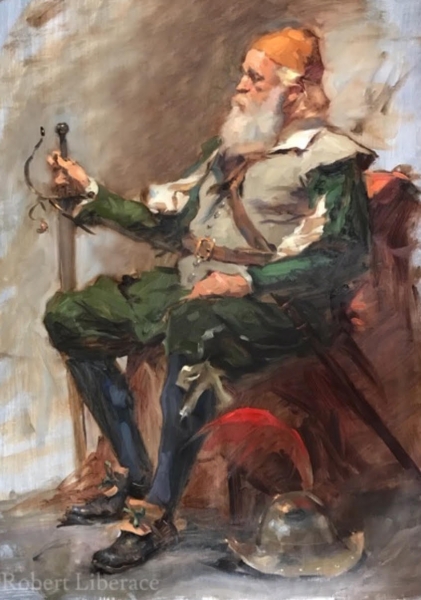
On a single day this week, for example, HMRC sent me two emails and one text message, all urging me to file my tax return as soon as possible. Whereas now it’s started endlessly nagging us about them several months in advance. In the past, I’m sure it only started reminding us about our tax returns at the turn of the year. It seems to have become extremely anxious. Something strange has come over Her Majesty’s Revenue & Customs. But at least we don’t think cars have breasts. Frankly, it’s high time they abandoned their silly language, and switched to a nice, sensible one like English instead.Īdmittedly, some of our spellings may take a little getting used to (“bough”, “though”, “cough”, “through” and so on). In light of this nonsense, French traditionalists have no business accusing others of having funny ideas about gender.

.jpg)
Ice skating and show jumping are masculine, but wrestling and boxing are feminine. Canals are masculine, but rivers are feminine. Whales, giraffes and seagulls, meanwhile, are all feminine, even when they’re male. Every baby is referred to as le bébé, even if it’s a girl. It’s not as if their gendering follows any consistent logic. Just look at those beautiful, long, shapely legs.”) (“Mais monsieur, naturally the table is feminine. We know these people are sex-mad, but surely even they don’t think about it when looking at inanimate objects. What inspired this absurd French fixation with gender, I have no idea. Whereas, for some equally impenetrable reason, armchairs are masculine ( le fauteuil) – as are combs ( le peigne), cakes ( le gâteau), castles ( le château) and, remarkably, female genitalia ( le vagin). Other supposedly feminine things include cars ( la voiture), puddles ( la flaque), the moon ( la lune) and lettuce ( la laitue). But what’s feminine about a door? I suppose some of them do have knockers. According to the French, doors are feminine ( la porte). Because, as every British schoolchild can bitterly attest, the French language insists on imposing a gender identity on literally everything under the sun. In fact, the development is a well-deserved taste of their own medicine. In my view, however, the French are in no position to complain. Traditionalists are appalled, and fear that their language is under assault from woke gender activists.

The latest edition of France’s favourite dictionary, Le Petit Robert, includes the word iel – a new pronoun to describe “non-binary” people who don’t wish to be referred to as either il (he) or elle (she). So it’s no surprise to learn that many of them are up in arms about a controversial linguistic development. The French are highly protective of their language, and invariably hostile to change.


 0 kommentar(er)
0 kommentar(er)
